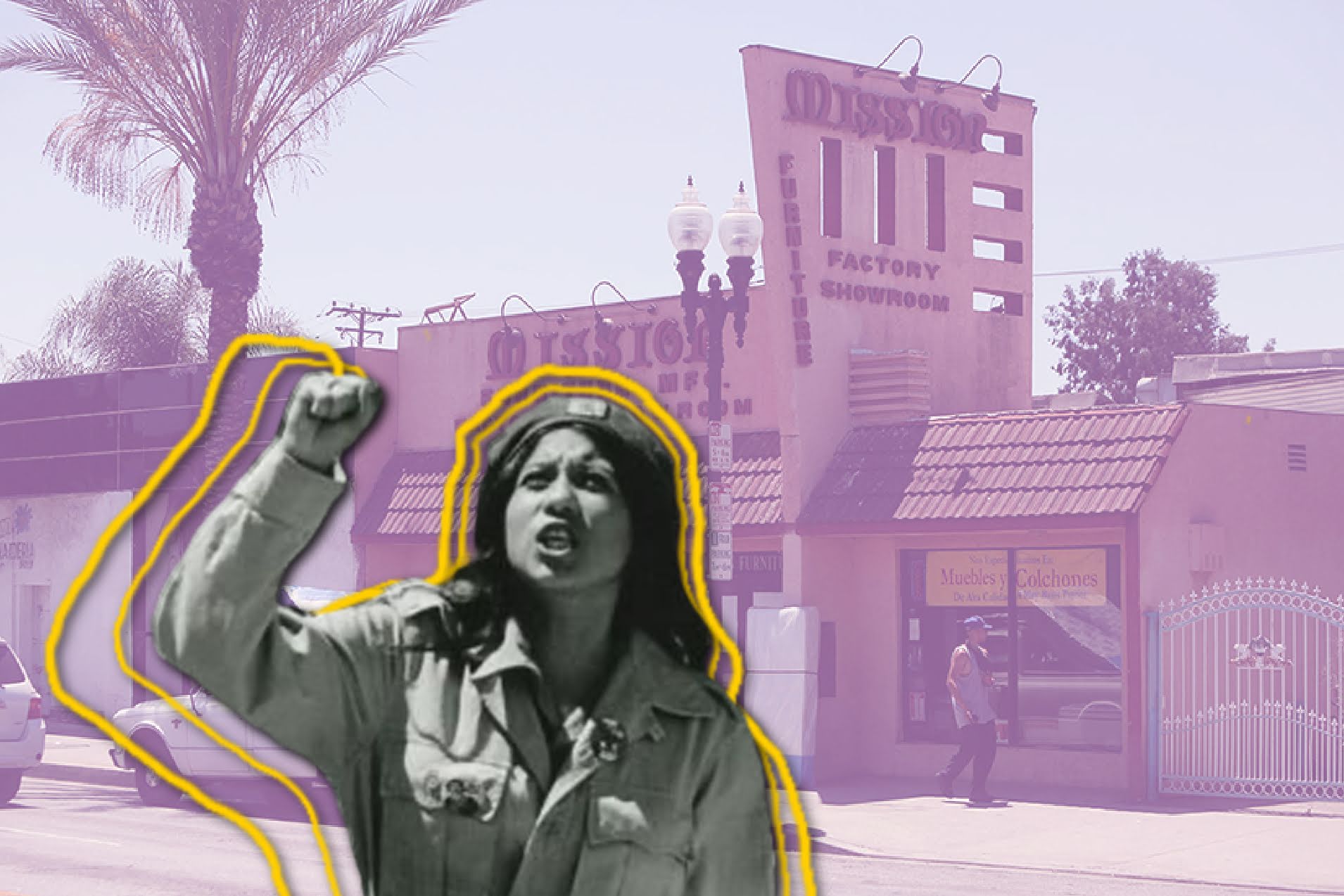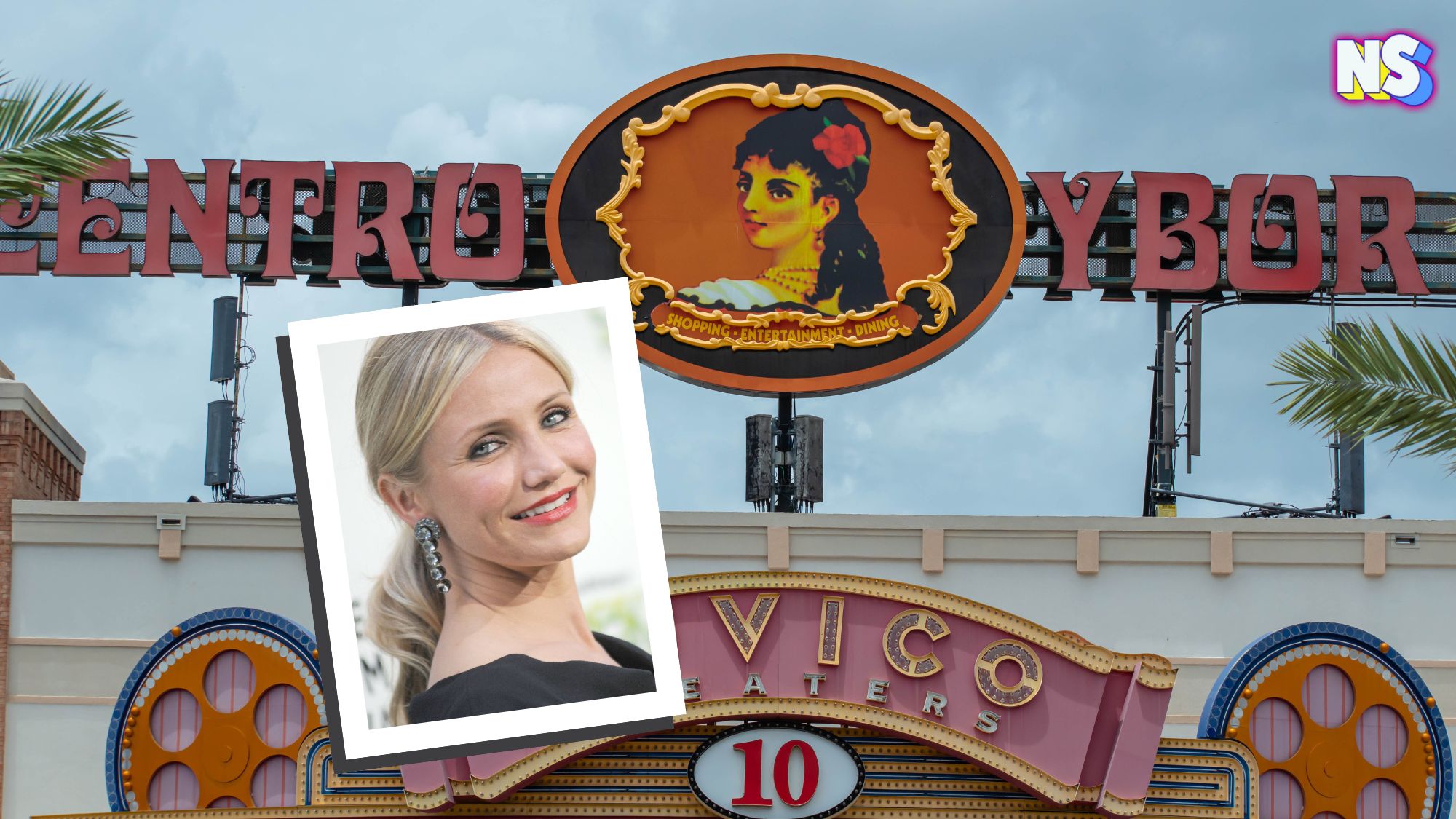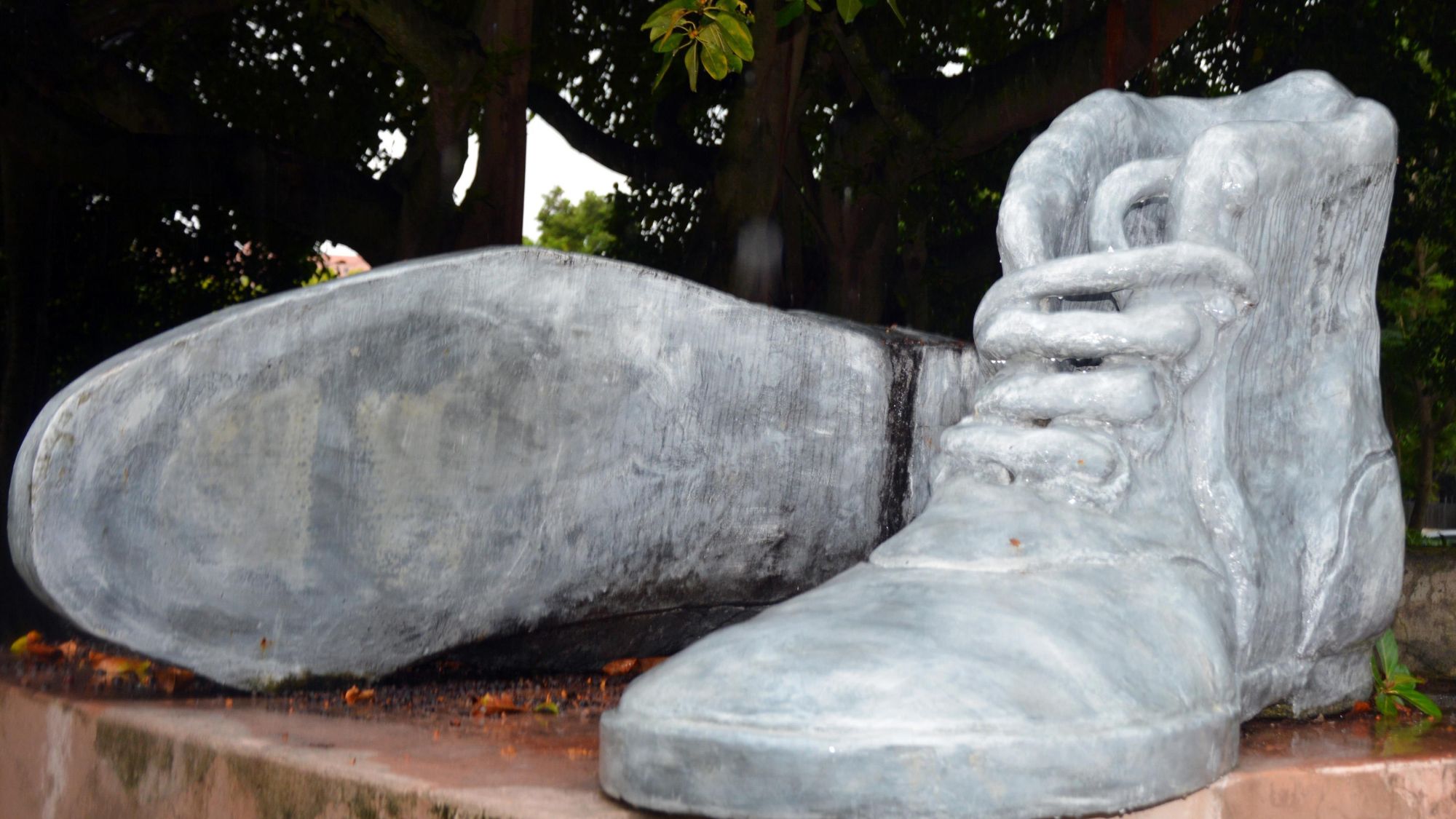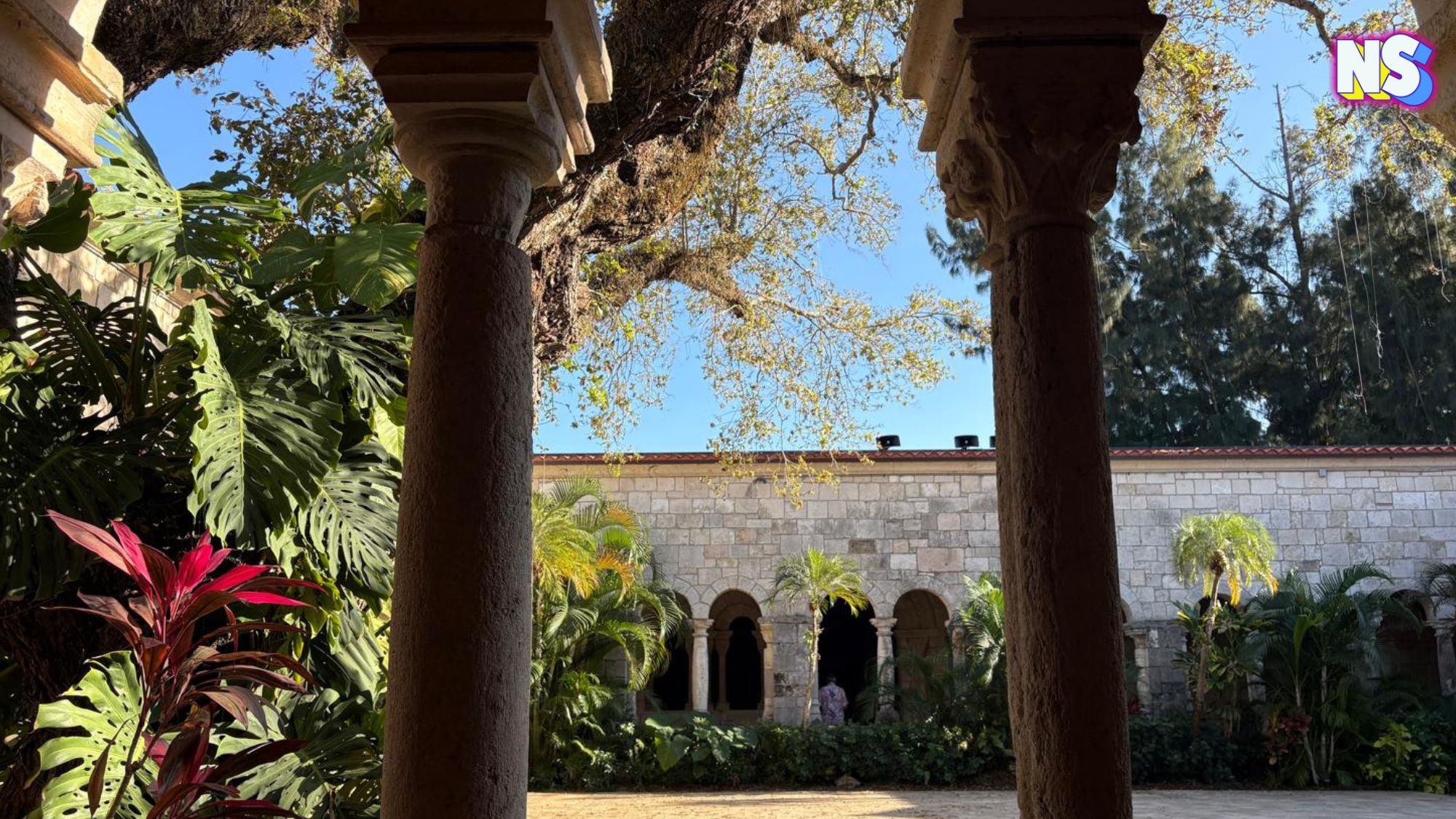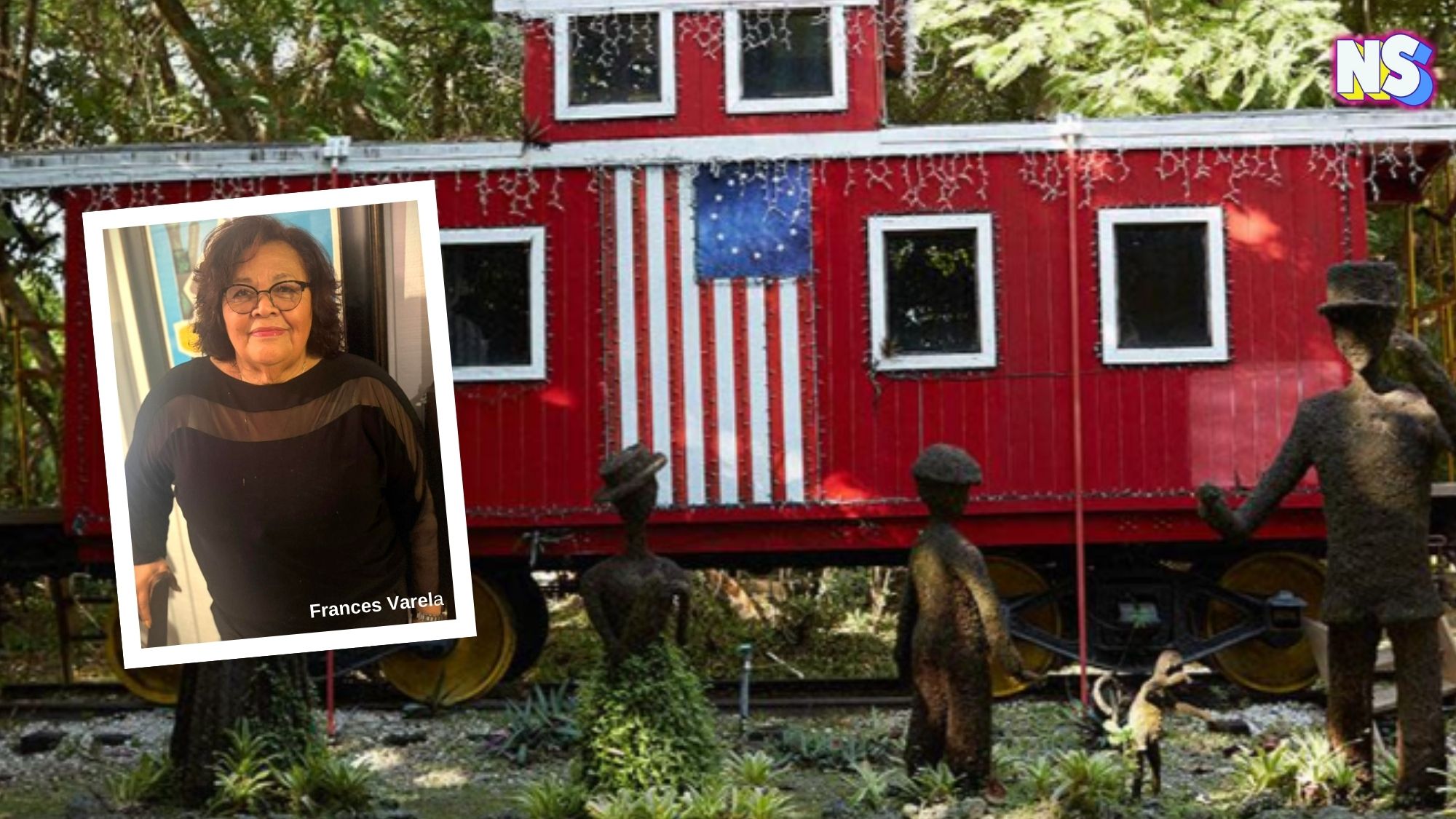Image courtesy of Nuestro Stories.
In the 1960s and 1970s, in Los Angeles, California, a social organization played a pivotal role in the Chicano Civil Rights Movement. They were known as the Brown Berets.
The Brown Berets
The Brown Berets’ main purpose was to fight discrimination, educational inequality, lack of access to health care, police brutality, and war victimization that affected Chicanos on the Eastside.
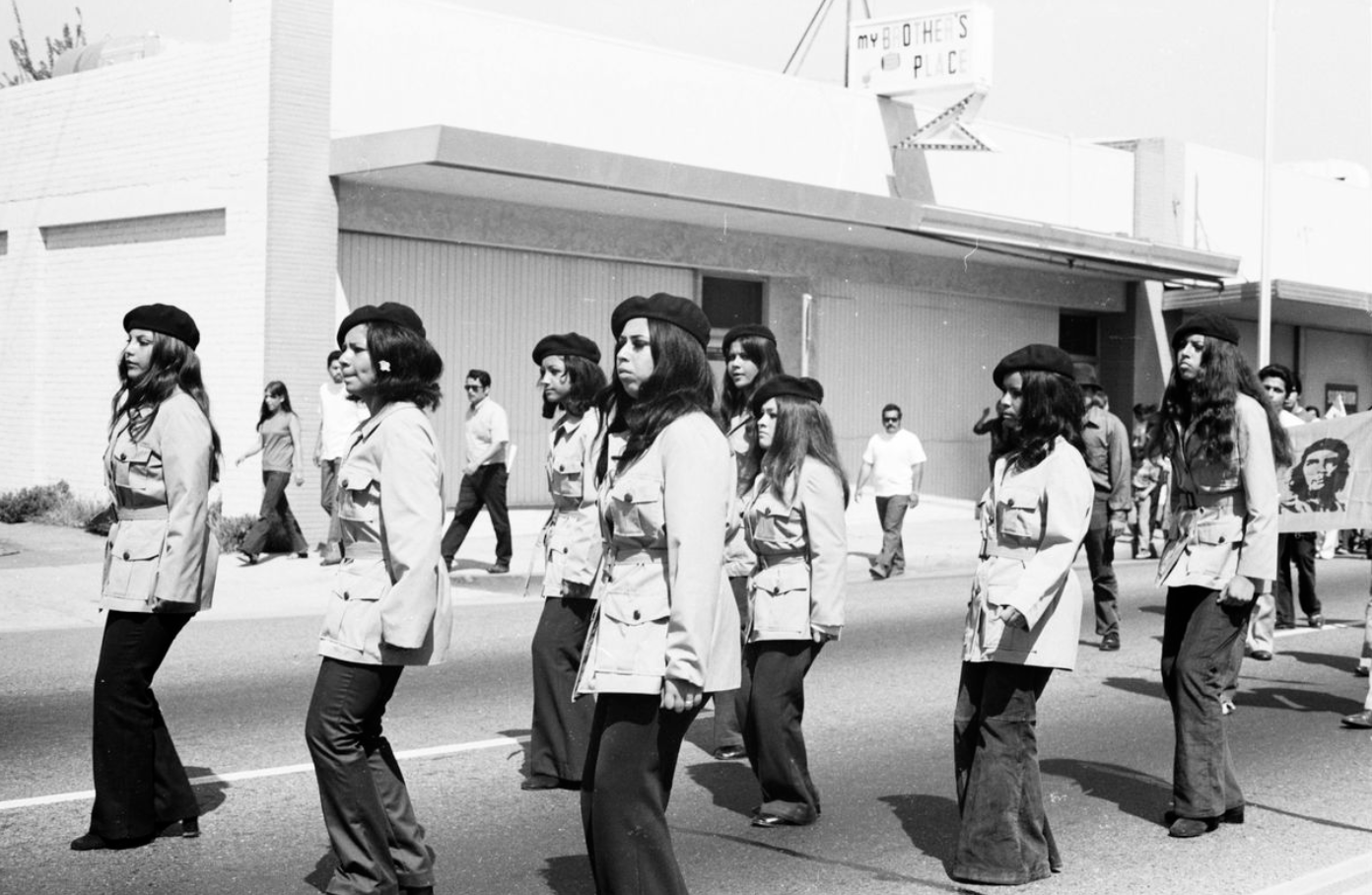
The Brown Berets not only limited themselves to marches and rallies, but were also the creators of the Barrio Free Clinic on Whittier Boulevard in 1969.
David Sanchez, one of the founders of the Brown Berets, came up with the idea for the free clinic as he understood that this community was often neglected and did not have the means to afford health insurance. Around 1969, they established the East Los Angeles Free Clinic on Whittier Boulevard.
El Barrio Free Clinic
El Barrio Free Clinic was located in a one-story commercial building at 5012 East Whittier; the building was constructed in 1926 and went through several modifications in the 1930s and 1940s. The health professionals who worked at the clinic were volunteers willing to serve the community.
Gloria Arellanes, an activist in the organization, was put in charge of the clinic by David Sanchez. Under her leadership, the clinic offered a variety of medical services, such as drug counseling, vaccinations, physical exams, STI testing, and even minor surgeries. Health professionals also offered counsel about unwanted pregnancies.
Read more: Two Chicanas Led ‘The Strike of the Century’ 52 Years Ago and Forever Changed History
Aside from its medical resources, the building was used as headquarters for the Brown Berets and their activism as well; In fact, meetings of the Chicano Moratorium Committee were held there.
The clinic witnessed the important contributions of Chicana women to the overall social justice movement in East Los Angeles. In 1969, Chicana women joined a hunger strike in solidarity with 26 prisoners protesting conditions in the Los Angeles County Jail.
The women left the Brown Berets in the early 1970s due to the mistreatment and sexism they suffered at the hands of their male counterparts. Their departure would mark the end of El Barrio Free Clinic.
Fun Facts:
- Members wore brown berets as a symbol of unity and resistance, which inspired the organization’s third name.
- The Brown Berets were originally named Young Citizens for Community Action.
- Gloria Arellanes was Minister of Finance and Correspondence for the Brown Berets – she wrote press releases, drafted letters, and edited the group’s newspaper, La Causa.
- The building where the clinic was located is now a furniture factory.
If You Go:
A little more than a mile away is the Calvary Cemetery, where Andres Pico, an important Californian rancher who fought in the Battle of San Pascual, is buried.
Location: Los Angeles, California
Address: 5012 East Whittier
Take it look for yourself here:
https://nuestrostories.com/wp-content/uploads/2022/04/saac-Vallenilla-Nuestro-Stories-Writer-Image-218×300.png

